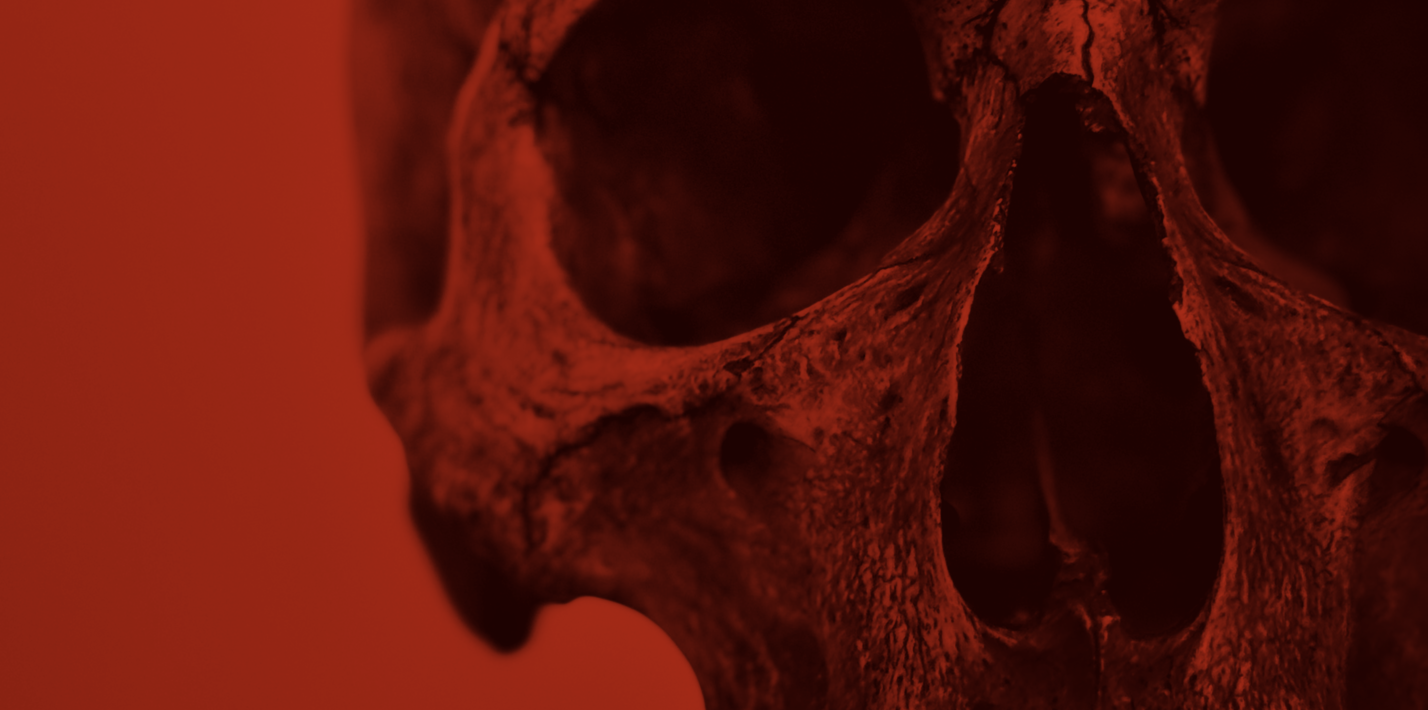
Frater Acher’s Blog
Reflections on Chthonic Sorcery
The Ars Notoria was a technology of asymmetric advantage: whoever could access it could leap status barriers. As such, the grimoires focussed not only on learning, but ultimately also on the acquisition of societal agency and secular power. They threatened established institutions by creating seemingly unearned expertise. The modern turn with Artificial Intelligence, however, lies in the aspects of scale and centralization. […]
[…] This, then, might be our own task — and perhaps also the moral of this story. The reconstruction of an almost-lost art requires more than a secret library, a sharp pen, and the courage to violate social boundaries. As important, is a pair of well-worn walking boots, a torch, a full moon, and stepping out into the unknown.
By the end of the third century, the concept of goêteia had become fully established: a term evoking the chthonic and daemonic, yet equally natural and ubiquitous; condemned as heretical and morally deeply suspect, and yet inseparably woven into the periphery of medicine, physics, and all other faculties dealing with the wisdom of Nature.
From Manilius and Teucer to Rhetorios, astrologers understood the degrees of the Zodiac — activated as they rise at the Ascendant — as a gateway through which cosmic powers shape temperament and destiny. And, true to form, ritual magicians soon inverted this logic: if one degree marks our birth, why not call upon the others to reshape our lives?
Before the word goêteia was first written down, it was already long in use in the ancient Mediterranean world. It is therefore fitting to first cast a glance at the archaic terrain the term goêteia emerged from — especially its border regions — before turning to its earliest literary sources.
Goêteia as a literary tradition, if this ever genuinely existed, is thus a domain that has not only been consistently misunderstood, but, as the authors who record it demonstrate, has been deliberately exploited for their own purposes. […]
[…] Goêteia describes the art of bridge building into Radical Otherness: the uncommon attempt to establish some sort of faint relationality — without colonizing or even fully comprehending — the vast hive of non-human partners on the other side.
Magic was never meant for men. We made it our own. We tore it out of the earth and pulled it down from the skies. Think of Prometheus as a man who volunteered for a death of fire. Walking up the pyre all by himself, lighting the torch, throwing it down to his feet. Offering himself in the pursuit of what he believed to be withheld unrightfully.
In this second part, we look at the small world of everyday work life — and how to inhabit it with genuine magical authenticity. We’ll view this through the lens of the spirits we work with, as goêtic practice is about building interspecies subculture, not human utility. I’ll close with a detailed breakdown of my own Goêtic Ethos — not for copying, but for testing against your own life.
This two-part essay gathers my reflections, as a practicing goês, on the nature of working life after 25 years spent in both corporate environments and sacred places—temples, caves, mountains, and forests.
[…] What I have not spoken about, is how my personal approach to this path has changed over recent years. This is, of course, less important as it only affects my own experience and written works. However, as recent feedback showed apparently these shifts can make for rather magnificent misunderstandings. So I’d like to address a few things here.
[…] You are right, no Pope will ever be enough. Just as I shall never say, “This is a fine disease! Come in, bring me affliction, make me frail and beholden. Take my gods for a wooden cross; take the language of the mountains, the rivers, and deserts for the bloodied body of a savior who will not return to us.” I scoff at your vicars. See these shoes, my friend: only I walk in them, and none else. No one leads me by the bridle. My heart was not born to wait for return, when I may wander freely myself.
[…] Words are weapons. And when we lay them down, we open ourselves — to sense, to see, to share. We have spoken here of two baptisms: one at the gate of Auschwitz, where humans were transubstantiated into materia prima mortis, and another in a mountain valley, where I was filled with the blood of nameless land-spirits. Both baptisms stripped a person of their identity — one on the path into the house of the dead, the other a step closer to the house of the living.
The following pages are my attempt to grapple with the raw adversity of our time—as well as that of the past—as life’s greatest adventure. I offer this as an act of guerrilla resistance in an age of tyranny, a light set upon the path beside me. May it illuminate part of your journey through the darkness, as it brightens mine.
Niche-finding with non-human beings, i.e. goêteia is therefore essentially founded upon our ability to sense and understand the affordances of the non-human people in whose proximity we live, sleep, walk, drink, perform and renew. The place that coercion holds in grimoire magic is held by perception in goêteia.
Sadly, animistic magic in the West since the 15th century seems virtually untraceable. With this book I have tried to renew the connections to it and make Paracelsus’ grandiose concept of a genuinely animistic Western cosmology accessible again. The book invites us to carefully retrace the history of the origins of the Olympic Spirits as well as establish multifaceted perspectives for personal practice with them.
In Paracelsus’ cosmology, every movement produces an angelic resonances. We make the decision, we decide to ask, to seek, to knock, and the spirits answer in that very same moment. Like a double helix we see human will and daimonic response intertwined, one unable to take the place of the other, yet eternally bound into one.
In the fourth book of his great Philosophia Sagax, Paracelsus explains the nature of infernal astronomy. The teachers of these arts are the tricky telluric spirits. Although they naturally like to “screw and seduce” people, God created them to watch over essential and important natural knowledge. So there are things to be learned from them, despite the dangers involved. Let’s examine what Paracelsus has to say about them.
The idea of man as a microcosm is easily misunderstood. What it implies more than anything is that man is nothing alone and of himself. There is nothing of man’s own, but only what is shared and borrowed, interwoven and interconnected. Whatever we observe in man leads us out into the world.
The background of all of our lives is a constant oscillation between too much and too little that we are not meant to master. We oscillate between a state of carefully rebalancing, replenishing, renourishing – only to consciously throw ourselves off balance again in a giant leap forward. Look at a pack of wolves...
How can we engage with the literary tradition of Western Magic, knowing we need to be suspicious of its practical value for the experiences we seek to gain? In other word: How to read magical books with an explicitly goêtic lens?
The question arises: What do the gods do when we do not call upon them? What do daemons do when left to their own devices? What do the saints, the angels, the nagas, and the bhutas do when they have escaped the yoke of human task assignment? What, we should ask, do the play, the hunt, the talk, the sleep, the habitus of daemons and spirits look like when unburdened by human concerns? Most spiritual traditions know next to nothing about this.
The spring newsletter just went to all subscribers. Unfortunately, I do not have the ability to offer the email newsletter as a web form. Here, I have made an exception and recreated it as a blogpost. If you are interested in receiving the newsletters, please sign up here.
It is upon us and us alone to find, define and walk our path through the body of creation. Take my word for it or prove me wrong. I am convinced that no actual personal daimon will ever choose a direction of travel on our behalf. They weave and we walk.
Evil only exists as an encounter. It is not an independent natural force, but describes the impact upon something. Evil is a relational quality. To speak of evil, thus, we have to speak of ourselves. Not necessarily as a psychological construct or sociological identity, but as a species, as a spirit, or a spark.
Our goal is to make the time we spend in the social community not feel like a prison stay but like a fulfilling experience among people, many of whom still consider a practical interest in magic an excellent pathological indicator. The truth is, though, that no one in this prison has a key. We are all inmates. Cell to cell, day to day.
As the best knife was once passed from mother to daughter, I place this book’s pages in your hands. May you not cut yourself too deeply on them, and forgive them if they draw a little blood. Surely they are hungry, like the old Drude who crept around the barn at night before finding the bowl of milk and crust of bread you had wisely placed for her at the door.
Our goêtic instruments are the spirits themselves. We cut with daemons, we stitch with herbs, we seal with stars, we anoint with deities. Our practice of growing in or growing out is anchored both in our clear vision and our unbiased understanding as well as in our negotiating skills and social behavior with forms of life quite different from ourselves.
Here you can read the exchange that took place between Gast Bouschet, Frater Acher and Harper Feist on the subject of the Black Dragon in Bouschet’s magical work. The text brings together three very different perspectives on a subject rarely addressed overtly and clearly in Western occulture. Each of the three voices has been honed and tuned by decades of practical and often painful work with the Black Dragon.
See, anything that is meant to happen to you over the coming 12 months will materialise one way or another. So now is our time to take charge, and to decide in which way exactly we want these changes to materialise for us. It is no longer a matter of whether but of how.
